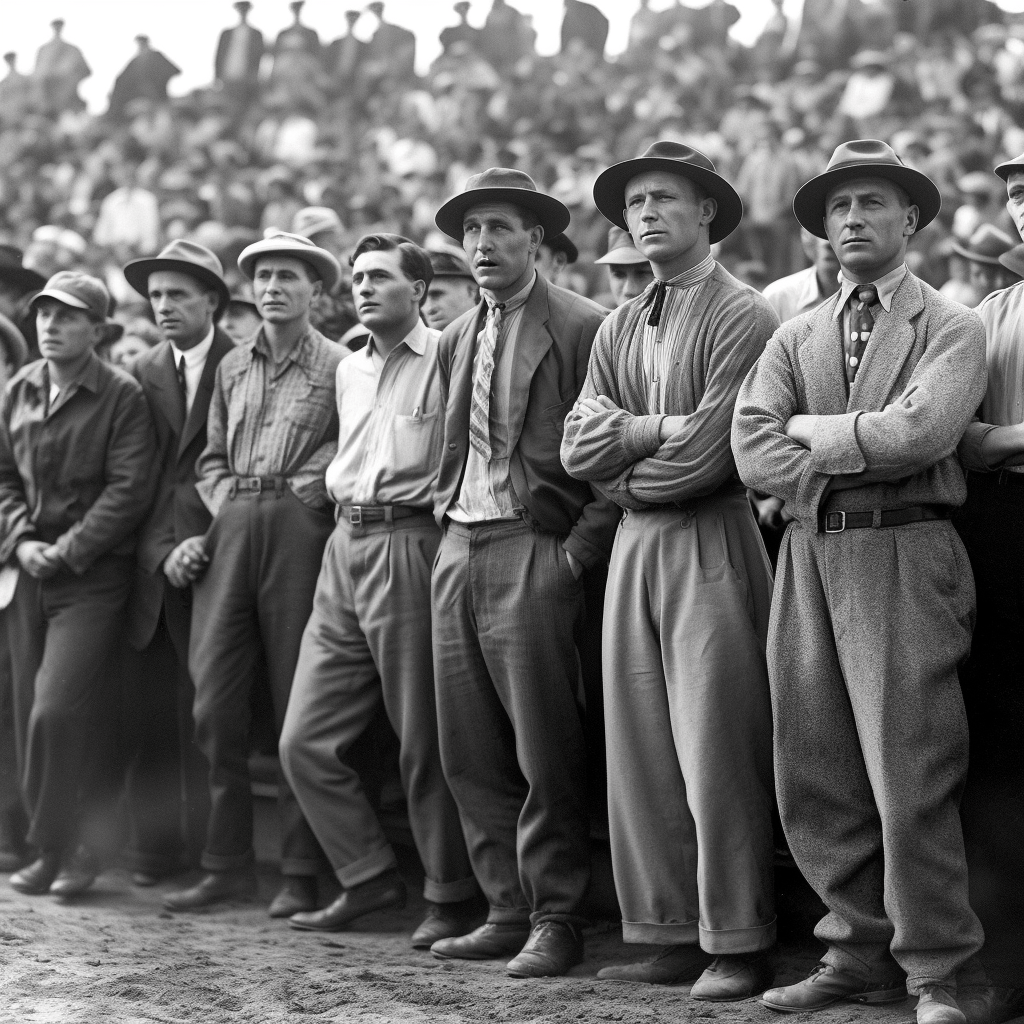Trans men can have unique experiences when it comes to befriending other men, women, or queer people. Groups of each tend to have different social norms and expectations for each other. Learning about these differences can help navigate new social situations, but remember, there is no one way to be, and your results may vary based on the individuals around you.

According to research, men and women are equally emotionally intelligent, but in different ways. Women tend to score higher in areas of empathy, interpersonal relationships and social responsibility. Men tend to score higher than women in areas of assertiveness, stress tolerance and confidence.
However, there’s general consensus that there aren’t really sex differences for emotional intelligence, so much as differences in socialization. Western culture tends to be patriarchal, favoring domestic, caring women and emotionless, workhouse men. Women are taught to feel their emotions, and men are taught to suppress them.
With the difference in how men and women tend to be raised, we can see how this manifests at scale within friend groups. Here are five ways friendships tend to be different between men and women:
- Emotional Intimacy: Female friendships are often more emotionally expressive and open. Women are typically more comfortable sharing feelings, discussing personal matters, and offering emotional support. Male friendships, on the other hand, tend to hide their intimacy with witty banter.
- Shared Activities: Male friendships often revolve around shared activities or interests such as sports, video games, fraternities, hunting, or other hobbies. Spending time together doing an activity forms the basis of many male friendships. Female friendships can also involve shared activities, but there is a stronger emphasis on conversation and emotional connection. Women going to get their nails done don’t do it just for the fresh paint, they want to catch up with their friends.

- Conflict Resolution: Contrary to the stereotypes, women are generally more likely to address conflicts directly and seek resolution through conversation. Men, however, may be more inclined to avoid direct confrontation and instead use humor or change the subject to diffuse conflict.
- Physical Affection: In many cultures, women are more likely to show physical affection in their friendships (like hugging or holding hands) without it being misinterpreted. Male friendships often involve less physical contact due to societal norms and fears of their actions being misconstrued.
- Frequency of Communication: Female friends often communicate more frequently, whether through phone calls, texting, or meeting in person. Male friends may communicate less frequently, but this doesn’t necessarily mean they consider the friendship to be less important.
As you make friends or deepen your relationships with men, it can help to understand these common differences, but don’t fall back to these trends as the default. We should always be learning how to improve communication and share feelings. The Netflix series Love is Blind has some beautiful moments of masculine vulnerability, because the format of the show forces all contestants to discuss their emotions.
In the end, what matters is that you be yourself. Did you find these tips helpful, or do you have more advice to share? Tweet us your thoughts.

